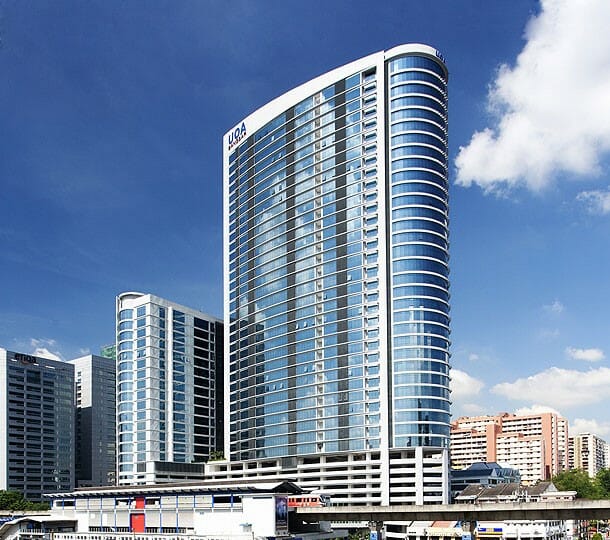UOA Development (UOADEV)’s quarter one financial year 2023 core net profit of RM46 million met expectations, accounting for 21% each of both Kenanga Research’s full-year forecast and the full-year consensus estimate.
As life returned to normalcy, quarter one financial year 2023 core net profit rose 83% year-on-year on better revenue (+56%) from higher progressive billings and higher other income (+46%) from rental and hospitality earnings derived from its investment properties, said Kenanga Research (Kenanga) in a recent report.
Despite quarter one financial year 2023 property sales of RM124 million that only made up 18% of Kenanga’s full-year assumption of RM700 million,they deem it inline as UOADEV has lined up more than RM1 billion worth of property launches in financial year 2023 which should
boost its sales during the remaining quarters.
Year-to-date, it has launched the first block of Aster Hill (Sri Petaling) with a gross development value (GDV) of RM240 million in Feb 2023. For the rest of the year, it intends to launch the second block of Aster Hill (RM240 million GDV), Vertical Offices in Bangsar South (RM1.3 billion GDV), Desa 3 Semi-Ds (RM18 million GDV), and Bamboo Hills high-rise (GDV to be confirmed).
As at quarter one financial year 2023, its unbilled sales stood at RM226 million from Laurel Residence and Aster Hill. Kenanga maintains their forecasts for financial year 2023 and financial year 2024, backed by unchanged sales assumptions of RM700 million and RM850 million, respectively.
Kenanga favours UOADEV for its strategy to focus on mid-priced residential products amidst a soft property market, the highly sought-after
addresses of its land banks in urban locations, the recovery of its hotel and MICE operations, and a strong war chest (net cash of
RM2.2 billion) for opportunistic merger and acquisitions and land acquisitions.
However, owing to the lack of launches over the pandemic, its unbilled sales has come off substantially to a low of RM226 million, versus pre-pandemic levels of more than RM1 billion.
Risks identified by Kenanga are the prolonged slowdown in the property, hospitality and MICE sectors, rising mortgage rates eroding
affordability, and changes to urban development policies in the Klang Valley.









